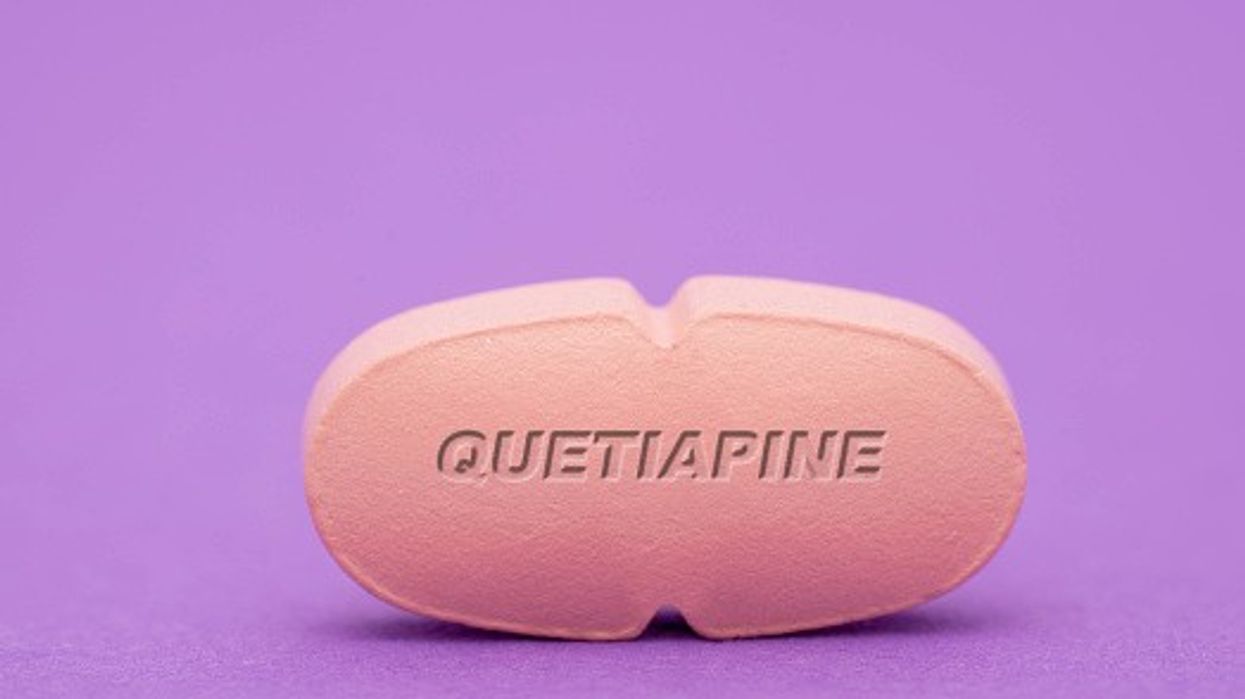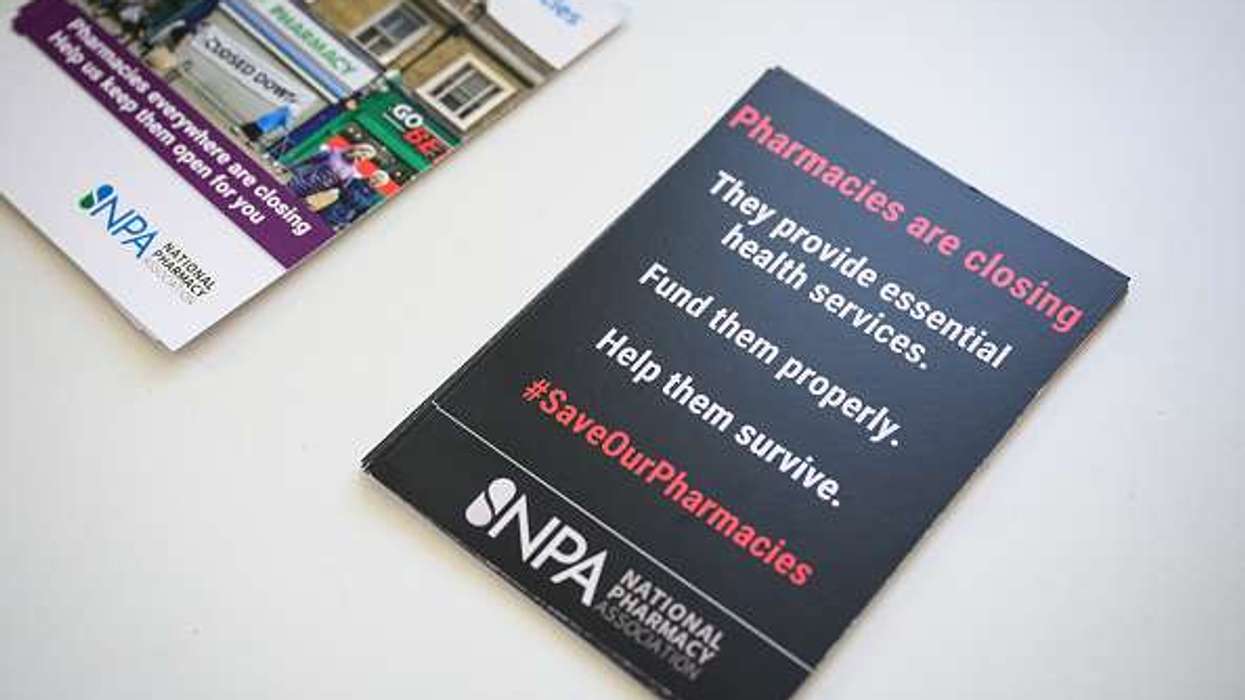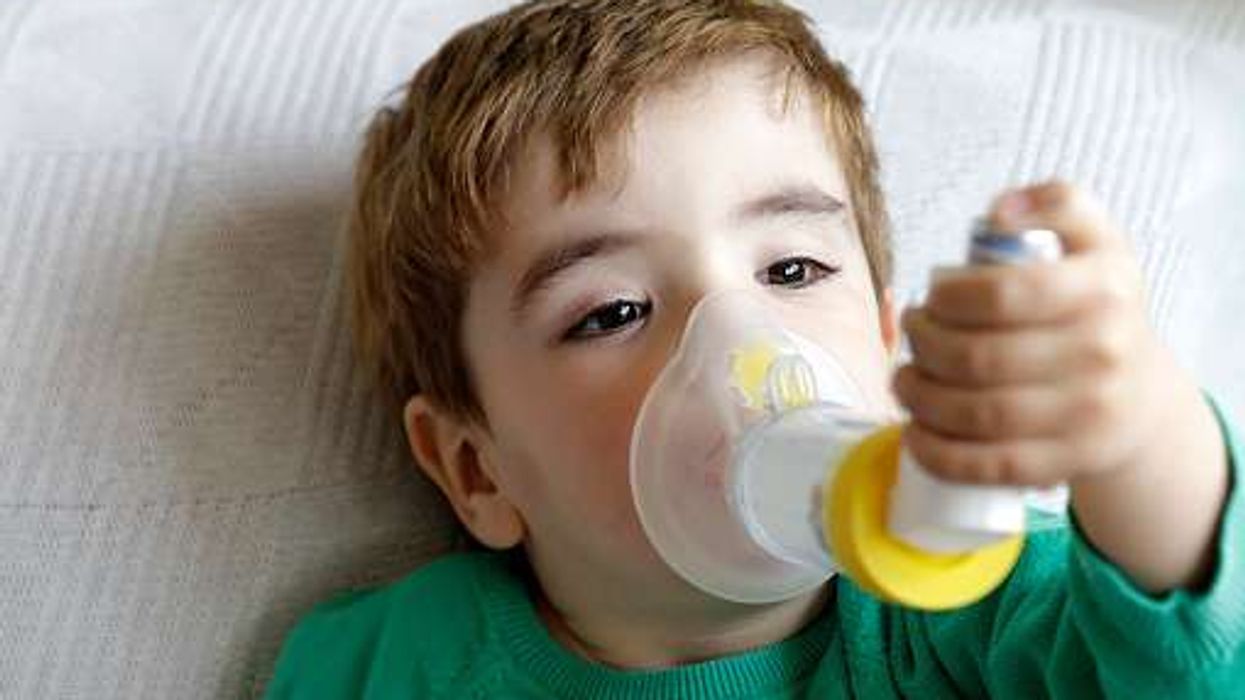The protocols allow community pharmacists to consider different options to enable a continued supply of quetiapine tablets
In response to significant ongoing disruptions in the supply of certain Quetiapine tablet strengths, the Department of Health and Social Care (DHSC) on Tuesday issued nine new Serious Shortage Protocols (SSPs), with immediate effect.
These measures aim to ensure the continued availability of quetiapine, an essential medication for managing schizophrenia and bipolar disorder.
Under the new SSPs, community pharmacists are allowed to consider different options to manage the shortage of the three strengths of quetiapine tablets affected by ongoing supply disruptions: quetiapine 300mg tablets, quetiapine 200mg tablets, and quetiapine 150mg tablets.
Depending on the prescribed quantity of the affected quetiapine tablet, pharmacists can either supply a reduced quantity of the same quetiapine tablet or substitute with an alternative strength or provide a reduced quantity of a specific alternative product.
Each protocol includes specific patient counseling points that pharmacists must consider to determine the most suitable SSP for each patient.
Pharmacists will need to utilize their clinical expertise to make appropriate decisions and inform patients about any changes to their treatment and what these changes mean for their medication regimen.
All nine SSPs are set to expire on 13 September 2024.
Pharmacy teams are advised to read the full documentation for all SSPs available on the NHSBSA’s website and implement the protocols immediately.
DHSC has confirmed that endorsement guidance for the new SSPs is under development and will be added to the NHSBSA’s website soon.
Only one SSP can be applied to an individual prescription. So, pharmacists must evaluate both the pharmacy’s stock levels of different quetiapine tablets strengths and the patient’s circumstances before deciding which SSP to utilize.
Depending on the chosen SSP, changes in supply might require additional counseling to ensure the patient is confident about taking their medication.













